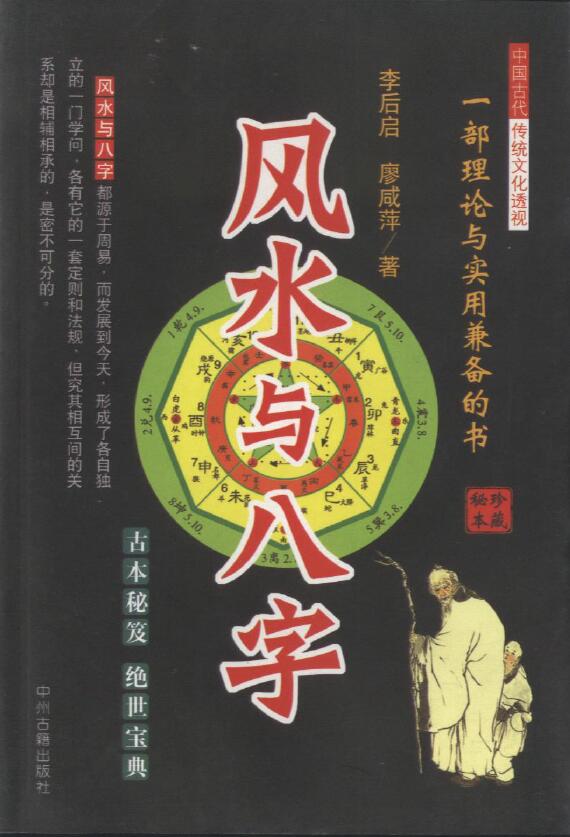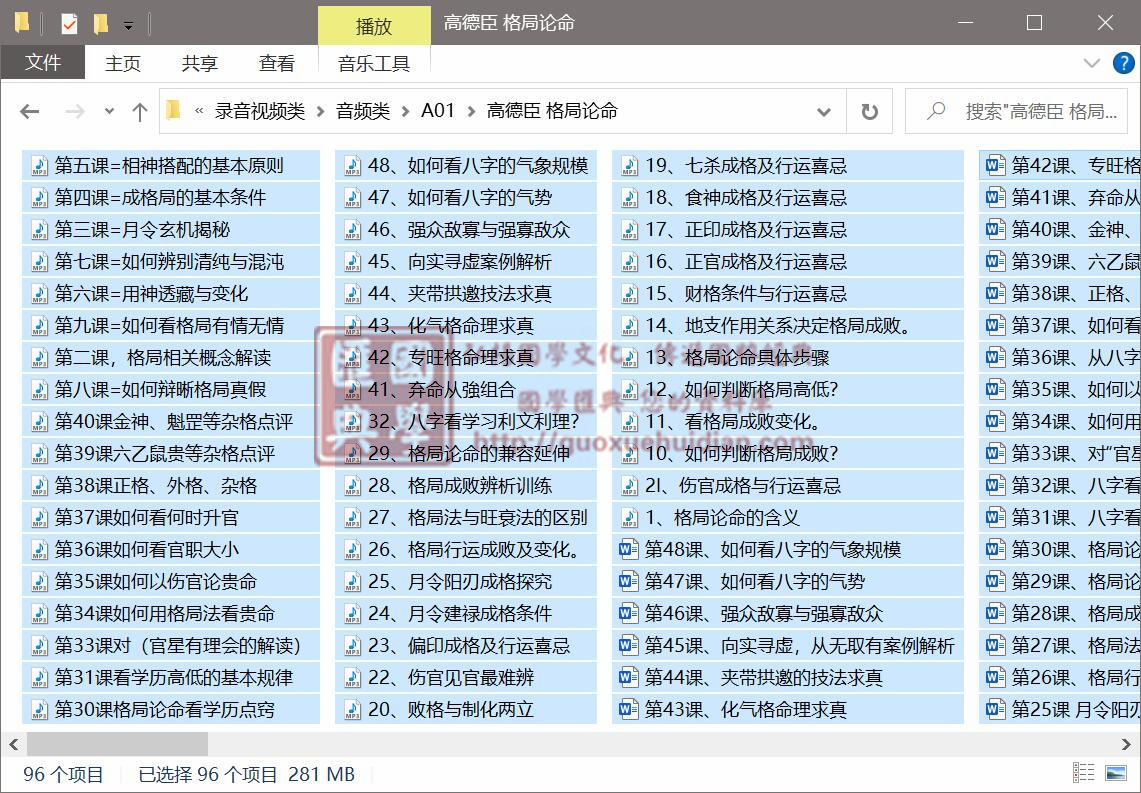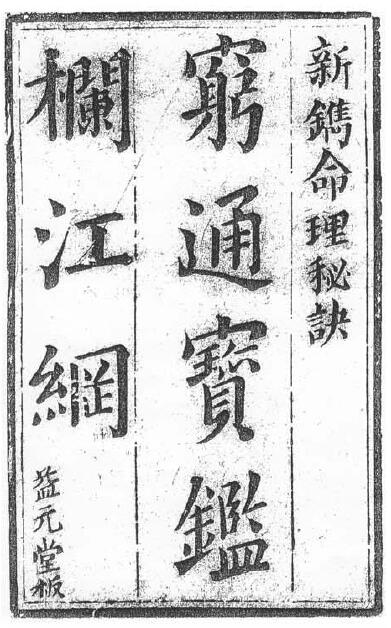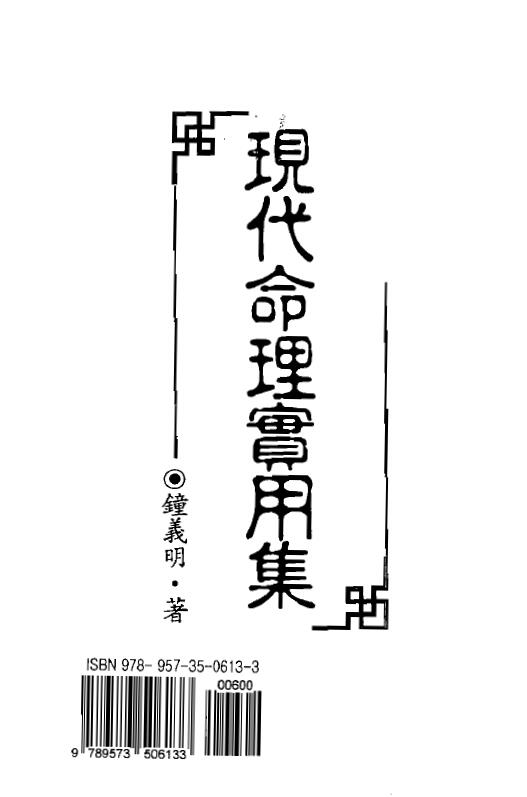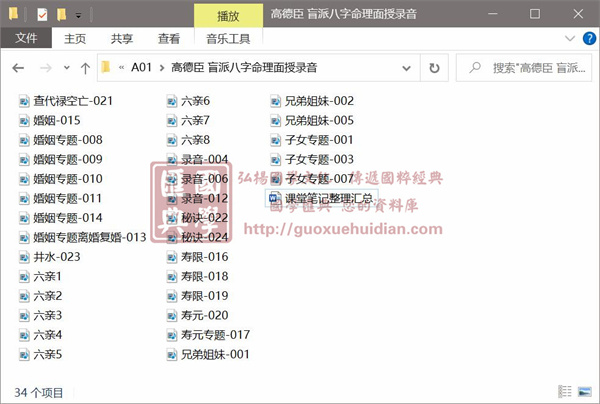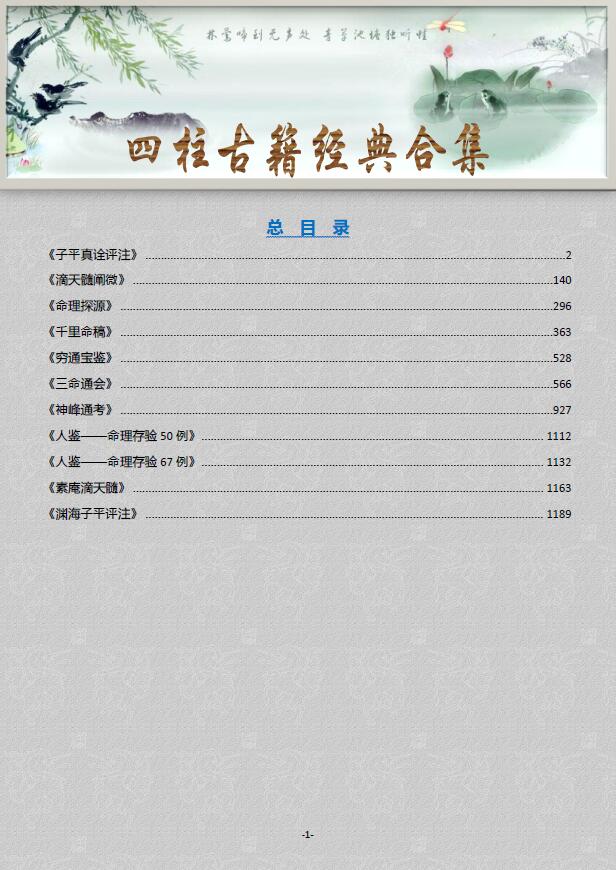Wang Yijia’s Mystery of Chinese Numerology
Wang Yijia’s “Mystery of Chinese Numerology” PDF e-book download. Introduction One fate, two luck, three geomantic omens – Peeping under the giant tree of celestial beings. Stories, the author collectively refers to them as Strange Tales of Fate. Although these stories have some history, but reading today
Wang Yijia’s “Mystery of Chinese Numerology” PDF e-book download.
Introduction
One fate, two luck, three geomantic omens – in the Ming and Qing notebook novels under the giant tree of secrets, there are a lot of stories about horoscopes, Ziwei bucket numbers, physiognomy, feng shui, astrology, name studies, and character testing The stories of , Fuluan, and Bucheng are collectively referred to as Strange Tales of Destiny by the author. Although these stories have some history, they still feel quite familiar when read today, and we can even find their “modern versions” around us. Because these stories tell the Chinese people’s outlook on fate and the secret spying technique in Chinese culture, they have a long history, are timeless and new. When people think about “why”, based on certain characteristics of thinking, they always tend to take “determinism” as the premise-that is, “there is no accident in the world, everything must have a cause”, as far as the formation of the universe, the formation of a country, etc. Rise and fall, as small as personal poverty, success or failure, prosperity and decline of flowers and trees, etc., all have some antecedent factors that determine their evolution in the dark. How to name, analyze and then manipulate these factors constitutes the main connotation of human knowledge. There are many kinds of determinism. The author refers to the Chinese people’s thinking in this aspect in the past as “Chinese classical determinism”, and these related stories in the notebook novels of the Ming and Qing Dynasties are the historical and literary development of Chinese classical determinism. If we regard the Chinese classical theory of destiny as a towering giant tree with luxuriant branches and leaves, then the related stories are like its full tree full of strange flowers and fruitful branches. The one hundred and thirty-two stories cited in this book are just some scattered flowers and fruits under the giant naked tree. In the future, it may be impossible to see those branches, leaves, flowers, fruits and fruits with a few years of effort. A smart way is to retreat to the distance first, take an overview of the outline of the naked giant tree, and then prepare a cold hoe, go under the tree and dig its “root”, do some cell slice research, decipher It genetically codes in its “chromosomes” and analyzes the soil composition of the nutrients it receives. The so-called “genetic code” refers to some basic concepts in Chinese classical determinism, such as the concept of destiny, the concept of knowing fate, the concept of the unity of heaven and man, the theory of interaction between heaven and man, the growth and decline of yin and yang and the five elements, and the principles used for interpretation. Like the study of numerology, the so-called “soil composition” refers to some social and psychological conditions that bred and nourished the Chinese classical determinism. From a certain point of view, these stories vividly present the rich and lively imagination of Chinese folk people, but from another point of view, their richness and vitality are also “destined” because they are older than them. The basic concepts in Chinese classical determinism, the social conditions at that time, and people’s psychological needs have already determined their connotations in the dark. Generally speaking, strange tales of fate are usually concise and to the point, with few literary branches, and many of them are the personal experiences of the authors in fortune-telling, fortune-telling, and word-testing. Obviously, Strange Tales of Destiny wants to emphasize the issue of “effectiveness” of various methods of Chinese classical determinism. This is of course an interesting question worth discussing, but because the main purpose of writing this book is not to make a scientific analysis of the “reliability” and “effectiveness” of numerology, therefore, for this question, the author only discusses The last two or three chapters are just a little discussion. What makes the author more interested is the Chinese classical determinism as a knowledge system, diagnosis and interpretation system, and 2 belief systems. What kind of thinking, psychological and cultural characteristics does it have, so I spend more space to compare the Chinese classical determinism The similarities and differences between Western classical determinism and contemporary scientific determinism. From this comparison, it may not be difficult for readers to see that Chinese classical determinism is actually the product of the common thinking mode of human beings and the “sympathy” of Chinese culture. What they want to tell It is “psychological causality” and “cultural truth” rather than “natural causality” and “scientific truth”. Psychology and culture are the author’s biggest concern, and they are also more interesting topics.
Some screenshots
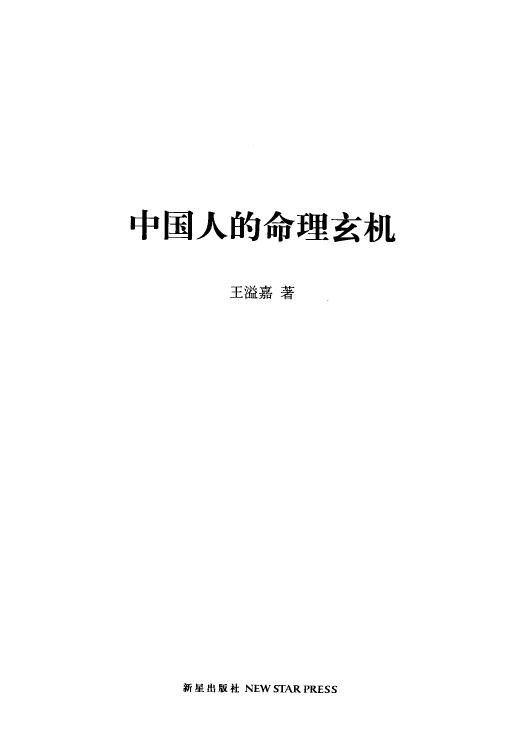
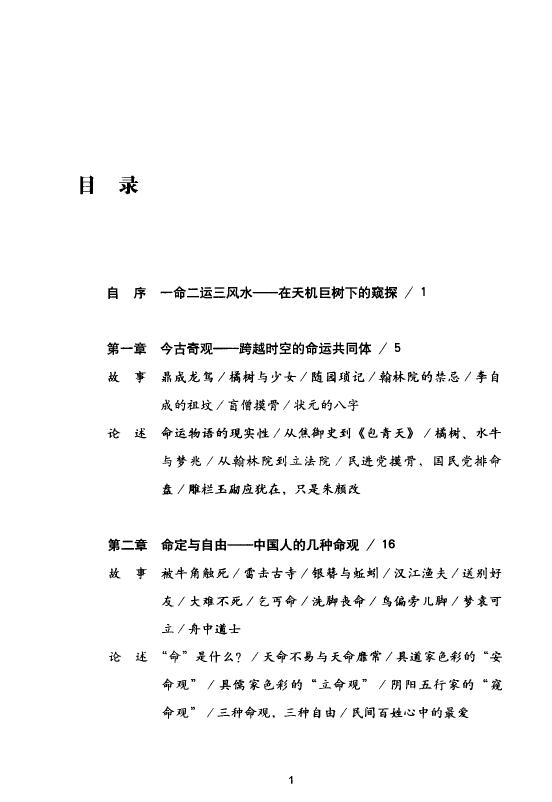
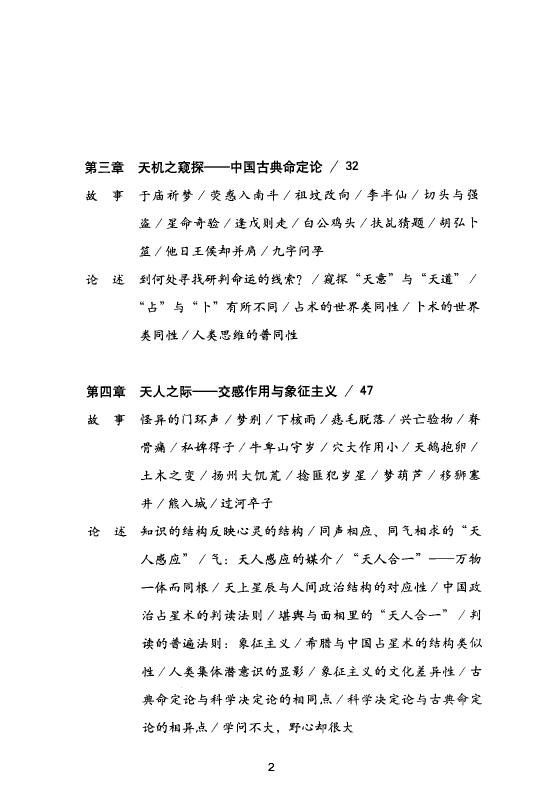
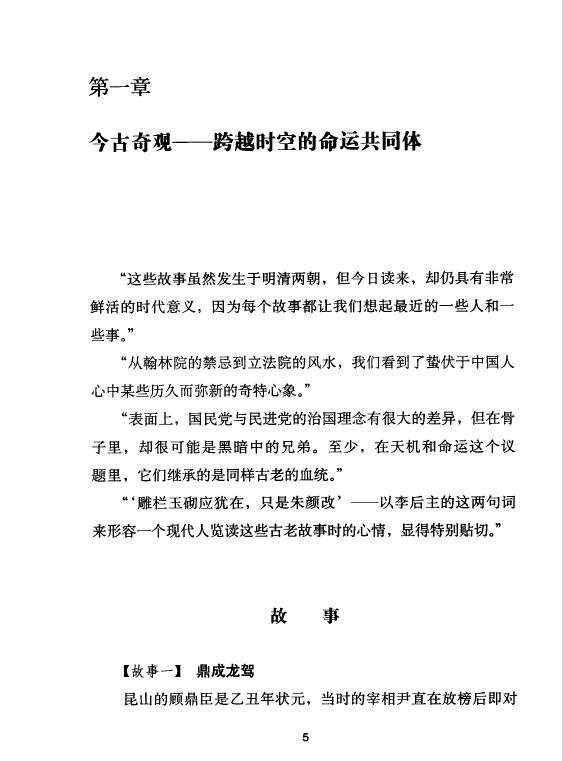
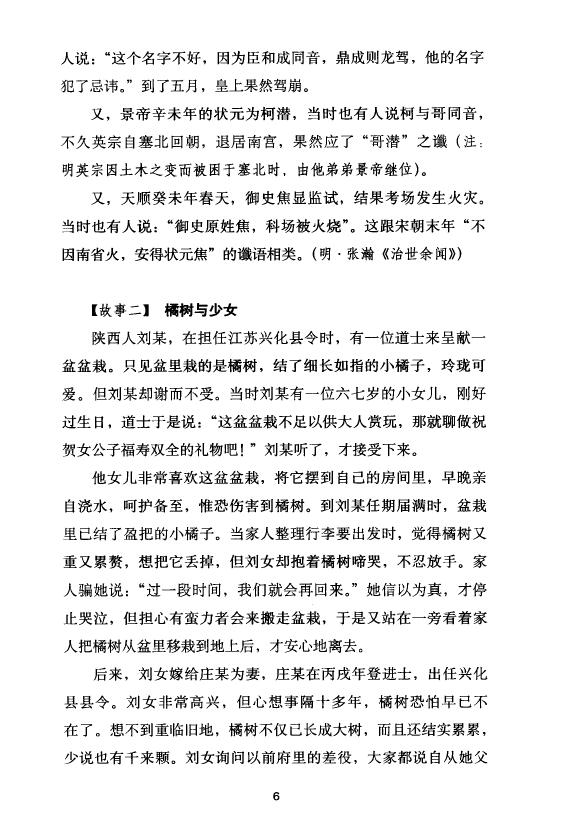
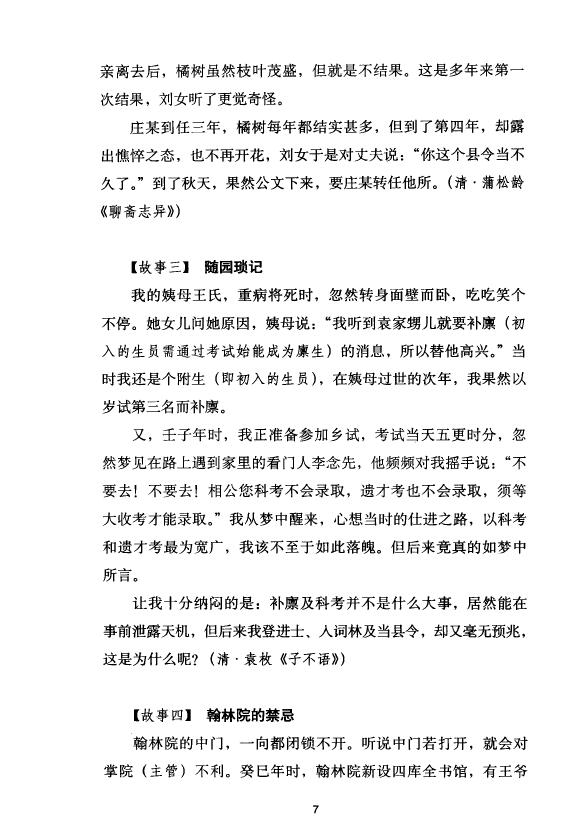
BOOK INFO:
- Publication Date: 未知
- Language: 中文
- Identifier: 内部视频
- Total Pages: 1
- File Type: PDF
Download Link:
Payment Method:
1、Open Tittle
2、Click to Pay New
3、Click on the material you want to buy
4、Click on "Payment Methods"
5、Click on the material you want to buy
6、Choose from one of your existing payment methods or add a new one
7、Complete purchase
NOTE: If you add a payment method when making a purchase, it will be saved in your account.
